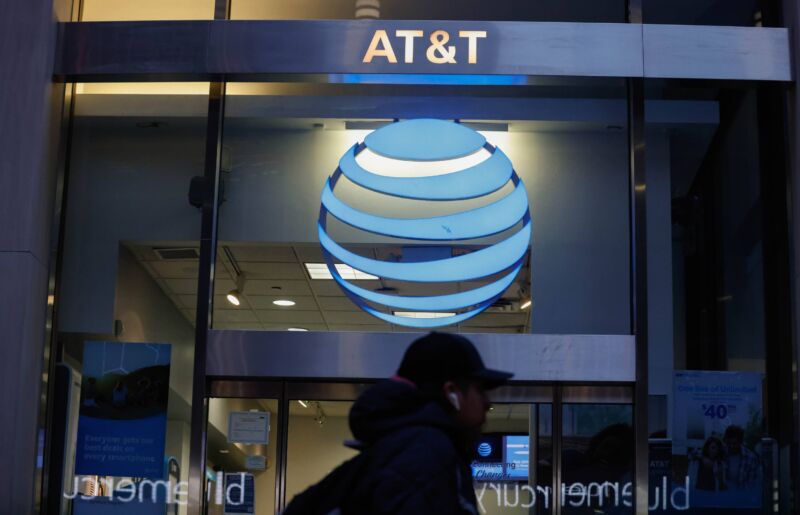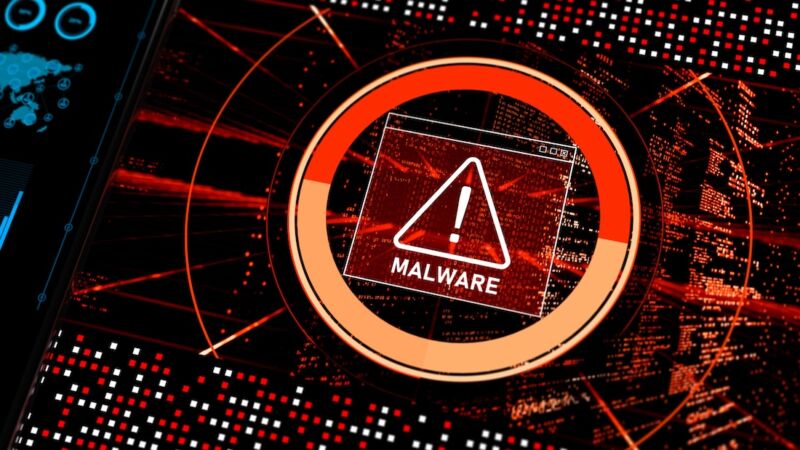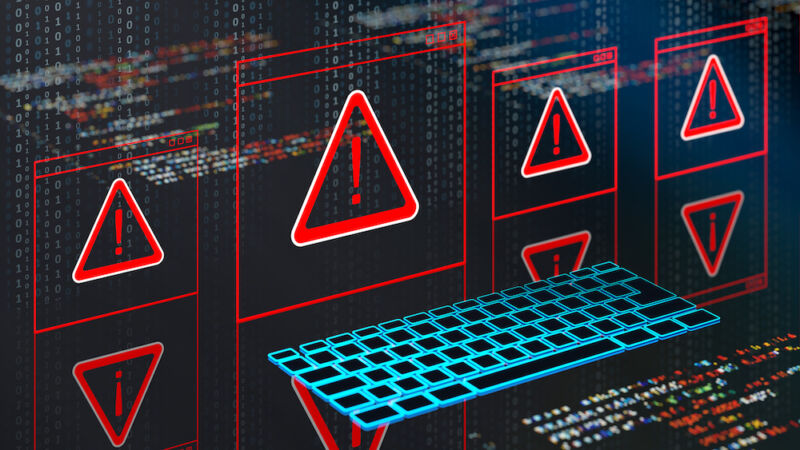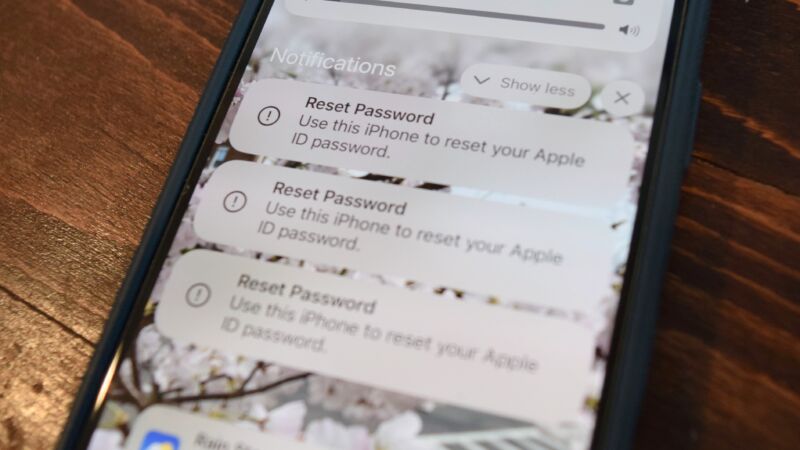-
 chevron_right
chevron_right
AT&T acknowledges data leak that hit 73 million current and former users
news.movim.eu / ArsTechnica · Monday, 1 April - 19:01

Enlarge (credit: Getty Images | VIEW press )
AT&T reset passcodes for millions of customers after acknowledging a massive leak involving the data of 73 million current and former subscribers.
"Based on our preliminary analysis, the data set appears to be from 2019 or earlier, impacting approximately 7.6 million current AT&T account holders and approximately 65.4 million former account holders," AT&T said in an update posted to its website on Saturday.
An AT&T support article said the carrier is "reaching out to all 7.6 million impacted customers and have reset their passcodes. In addition, we will be communicating with current and former account holders with compromised sensitive personal information." AT&T said the leaked information varied by customer but included full names, email addresses, mailing addresses, phone numbers, Social Security numbers, dates of birth, AT&T account numbers, and passcodes.









